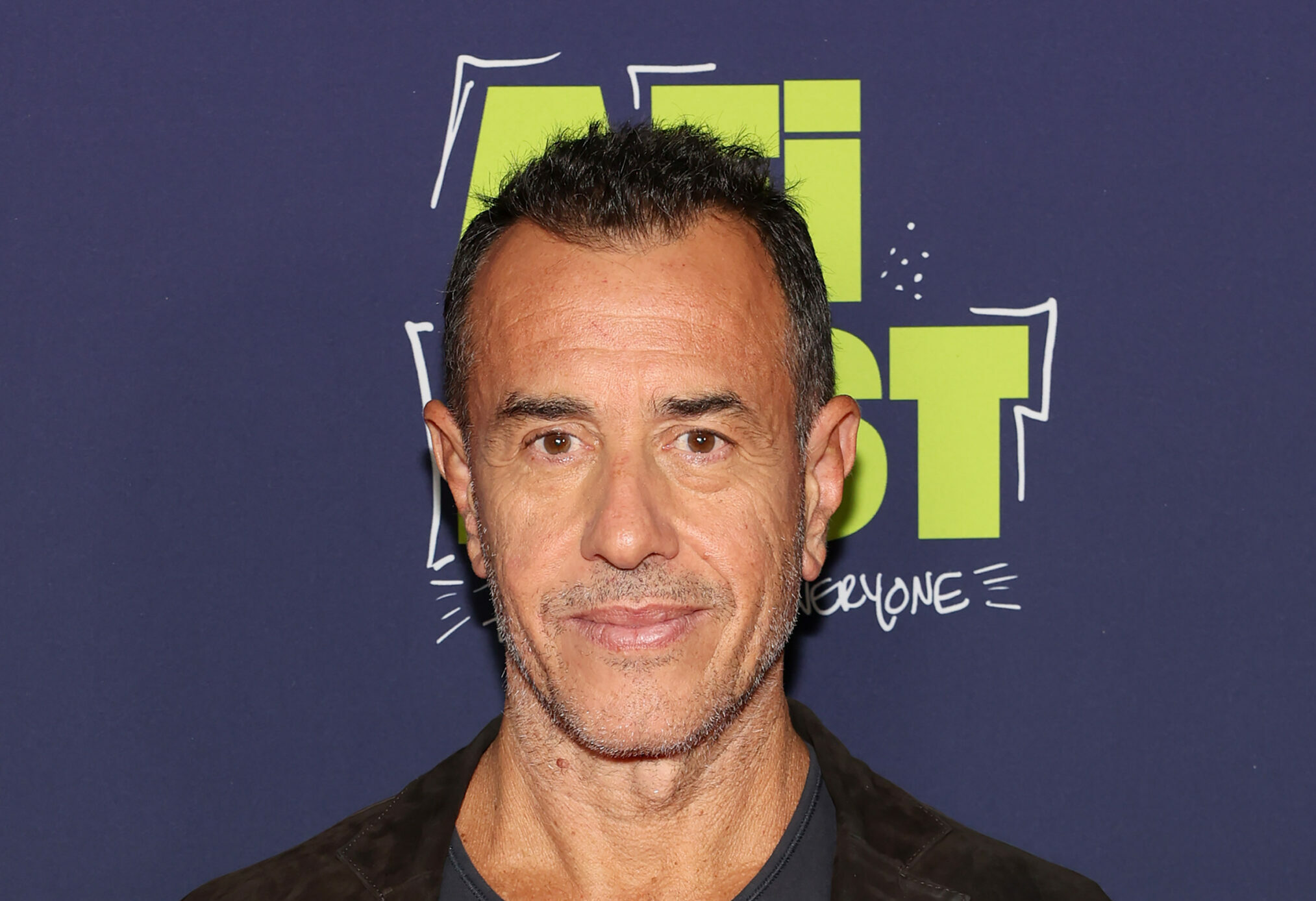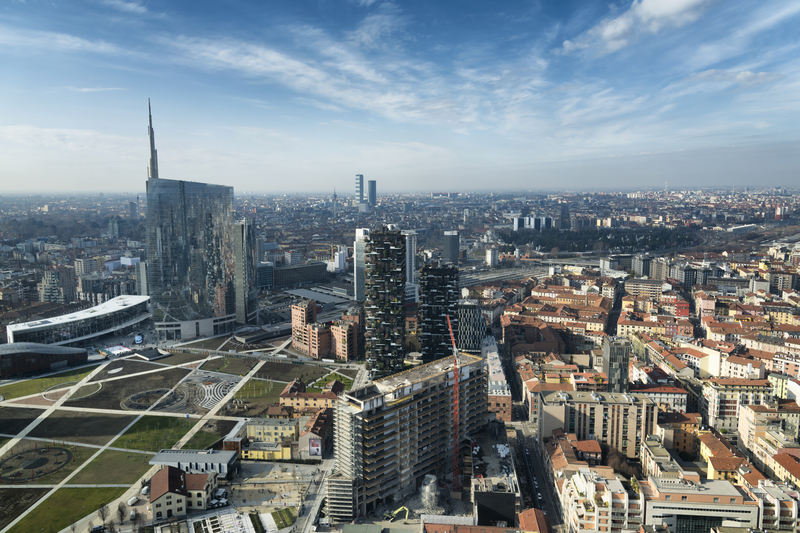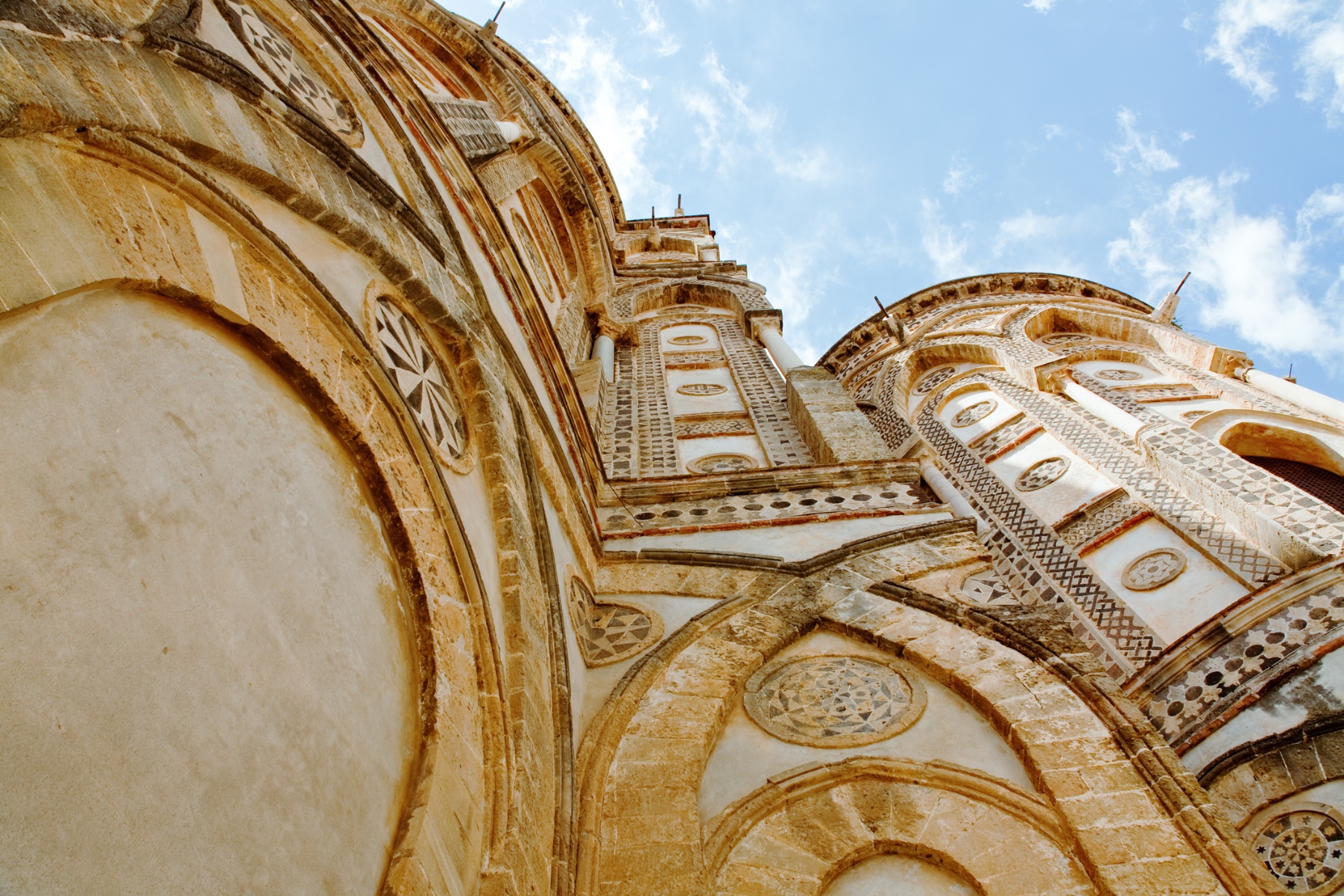Italy once again sets its sights on the Oscars, spotlighting a theme that’s as relevant as it is enduring: immigration. This issue, marked by identity and turmoil, has been part of the nation for decades, echoing a shared experience with many other countries. Io Capitano (Me Captain) by Matteo Garrone is Italy’s latest nominee for Best International Film. This recalls 2016 when Fuocammare (Fire at Sea), by Gianfranco Rosi, set against the backdrop of Lampedusa—a stage for countless arrivals and shipwrecks—was nominated, having already clinched the Golden Bear in Berlin. Rosi, a director and documentarian, spent a whole year on this Sicilian island, capturing stories of not only those who journey to Italy in search of a better life but also of the island’s residents who live and work on this small piece of land, a significant crossroad for the tide of immigration across the Mediterranean. Among the narratives, the story of Michele Bartolo stands out. He’s a medical director who, for thirty years, has been caring for the islanders and overseeing the landings, deciding who needs hospital care, who goes to the reception center, and who didn’t survive the journey. Bartolo, more than just a physician, has become a symbol of the collective efforts—by individuals, groups, or institutions—to offer a dignified welcome to the wave of humanity, alive or deceased, brought to shore by the relentless waves.
On a different note, Garrone’s Io Capitano, honored with the Silver Lion for directing and the Marcello Mastroianni Award for Emerging Actor for Seydou Sarr at the Venice Film Festival in September, delves into one of the countless stories of courage and anguish hidden behind the statistics often used to describe the migration phenomenon. “Representing Italy at the Academy Awards with Io Capitano fills us with pride, and we are hopeful that Seydou’s journey will reach the heart of the American audience,” Garrone said, eagerly anticipating the nominations announcement on January 23.
Two perspectives, two narratives, two languages. But one theme lies at the heart of the lens—a theme that’s contentious, delicate, politically critical, and socially challenging to manage, yet it remains a structural knot in the fabric of Italian life, confronted with emergency and superficial measures for three decades now.
Discussing immigration and arrivals is to narrate a slice of contemporary Italy: it showcases what society endures, what fills newspapers and broadcasts daily, what jerks the often distracted and hurried political world back to a sense of humanity lost amidst electoral propaganda and partisan logic. The vocabulary deployed betrays our unease, portraying immigration as a problem shirked, always postponed to a later date. The discourse continuously sways between invasion and welcoming, humanitarian crisis and criminalization, solidarity and repulsion—all embodying a world of contradictions as nothing is clear or defined.
But it’s also a venture into an unprocessed historical theme. The exodus of millions of Italians during the great migratory waves of the early twentieth century, which in many ways mirrored today’s migrants, remains relegated to brief paragraphs in history books. There are mentions of transatlantic journeys, third-class voyages, registrations at Ellis Island, the lean lives and hard labors of the villagers, the Little Italy neighborhoods, the stereotypes perpetuated by films and television. Yet they appear more as pages of literature, romanticized tales of yore, rather than facets of national identity.
The legacy, the meaning, the link to the present are missed. The weight and tribute of Italian emigration remains elusive. Yet, elusive is also the lesson of the present, an exposed nerve yet to be mended.
Lampedusa itself is a place hard to define. It’s a haven of vacation and scenic beauty, yet also a land of arrivals and shipwrecks. For those reaching it, it’s a coveted destination: always better than the desert, the Libyan prisons, the tortures, and the hardships. Yet, it also marks the boundary of a Europe that rejects those fleeing from misery, wars, and hunger, accepting the risk of drowning. It’s the harbor where dreams shatter as trembling individuals disembark from boats only to end up in reception centers that bear no resemblance to hopes of a better life. But it’s also a place of solidarity: the first to extend a helping hand are the Lampedusans themselves, always ready to embrace whatever comes from the sea, never weary of helping.
Garrone’s film was chosen for “embodying with great cinematic power the universal desire for freedom and happiness, creating an epic of dreams that shows the courage and pain typical of all migrations, all in a dimension of profound humanity.”
Io Capitano is a parable of our times that invites reflection – with less rhetoric and more awareness – on the necessity of taking responsibility for one’s actions, and also of broadening our perspective to include those around us who are more fragile. It’s a reminder that we are all in the same boat and that we should advocate for collective interests, looking beyond our personal objectives. And that immigration is but a part of the journey.
Non è la prima volta che l’Italia punta agli Oscar scommettendo su un tema assolutamente contemporaneo, tormentato e identitario, che la attraversa dolorosamente da decenni accomunandola a molti altri Paesi: l’immigrazione. “Io Capitano” di Matteo Garrone è il film che l’Italia ha appena candidato per il miglior film internazionale. Nel 2016 era stato indicato “Fuocoammare” di Gianfranco Rosi ambientato a Lampedusa, teatro di migliaia di sbarchi e naufragi, e già premiato con l’Orso d’oro a Berlino. Il regista e documentarista aveva trascorso un anno intero sull’isola siciliana per raccogliere le storie non solo di chi arriva in Italia con la speranza di una vita migliore ma anche della gente che vive e lavora in quel fazzoletto di terra diventato avamposto e crocevia dell’emigrazione che attraversa il Mediterraneo. Fra i personaggi spiccava quello di Michele Bartolo, il direttore sanitario che da trent’anni cura gli isolani e assiste a ogni sbarco stabilendo chi va in ospedale, chi nel centro di accoglienza e chi è deceduto. Un uomo, non solo un medico, diventato simbolo di tutti coloro che, individui, associazioni o istituzioni, tentano di accogliere in maniera dignitosa la marea umana che, viva o morta, viene portata a riva dalle onde.
L’opera di Garrone invece, che a settembre ha vinto alla Mostra di Venezia il Leone d’argento per la regia e il premio Marcello Mastroianni per l’attore emergente tributato al protagonista Seydou Sarr, concentra l’attenzione su una tra i milioni di storie di coraggio e dolore che stanno dietro ai numeri con cui normalmente si racconta il fenomeno migratorio. “Siamo molto orgogliosi di poter rappresentare l’Italia agli Academy Awards con Io Capitano e ci auguriamo che il viaggio di Seydou possa toccare il cuore anche del pubblico americano”, ha detto Garrone dopo la designazione che ora attende le nomination del 23 gennaio.
Due ottiche, due narrazioni, due linguaggi ma un solo tema al centro della macchina da presa. Un tema controverso, delicato, politicamente critico e socialmente difficile da gestire sebbene sia un nodo strutturale della vita italiana, che da tre decenni è ancora affrontato con strumenti emergenziali e superficiali.
Parlare di immigrazione e sbarchi è raccontare un pezzo di Italia contemporanea, è mostrare ciò che vive la società, ciò che quotidianamente riempie giornali e telegiornali, che strattona la politica distratta e sbrigativa per riportarla al senso di umanità che si perde tra propagande elettorali e logiche partitiche. Anche le parole che si usano fanno capire che non sappiamo come gestire l’emigrazione se non come un problema che non vogliamo affrontare, che rimandiamo ogni volta a domani. Oscillano continuamente tra invasione e accoglienza, tra emergenza umanitaria e criminalizzazione, tra solidarietà e respingimenti. Tutto e il contrario di tutto perché nulla è chiaro o definito.
Ma è anche toccare un tema storico che non è ancora stato elaborato. Le partenze di milioni di italiani, nelle grandi ondate migratorie d’inizio Novecento, che per tanti versi ci hanno reso simili ai migranti di oggi, nei libri di storia restano derubricate a brevi paragrafi. Si citano i transatlantici, i viaggi in terza classe, le schedature a Ellis Island, la vita magra e i lavori duri dei paesani, le Little Italy, gli stereotipi che tanto cinema e tv continuano ad accreditare e perpetuare, ma sembrano più pagine di letteratura, racconti romanzati di altri tempi, che non pezzi dell’identità nazionale. Non se ne coglie il lascito, il significato, il legame con l’attualità. Il peso e il tributo dell’emigrazione italiana resta evanescente. Ma sfuggente è anche la lezione del presente, è un nervo scoperto che non si sa risarcire.
La stessa Lampedusa è un luogo difficile da definire. E’ località di vacanza e bellezza paesaggistica ma è anche terra di sbarchi e naufragi. Per chi arriva è meta agognata: sempre meglio del deserto, delle prigioni libiche, delle torture e degli stenti. Ma è anche il confine di un’Europa che rifiuta chi sfugge da miserie, guerre e fame accettando il rischio di morire affogato. E’ il porto dove si infrangono i sogni perché si scende tremanti dalle barche per finire in centri di accoglienza che nulla hanno a che fare con le speranze di una vita migliore ma è anche approdo e solidarietà: i primi a tendere la mano sono gli stessi lampedusani, gente pronta ad accogliere tutto quello che arriva dal mare, che non si è mai stancata di aiutare.
Il film di Garrone è stato scelto “per aver incarnato con grande potenza cinematografica il desiderio universale di ricerca della libertà e della felicità, creando un’epica del sogno che mette in scena il coraggio e il dolore che segnano da sempre le migrazioni, in una dimensione di profonda umanità”.
“Io Capitano” è una parabola dei nostri giorni che invita a riflettere, con meno retorica e più consapevolezza, sulla necessità di assumersi la responsabilità delle proprie azioni ma anche di allargare lo sguardo per includere chi sta intorno ed è più fragile. E’ un invito a ricordarci che siamo tutti sulla stessa barca e che dovremmo farci portavoce di interessi collettivi, guardando un po’ più in là dei nostri personali obiettivi, e che l’emigrazione è solo un pezzo del viaggio.





























